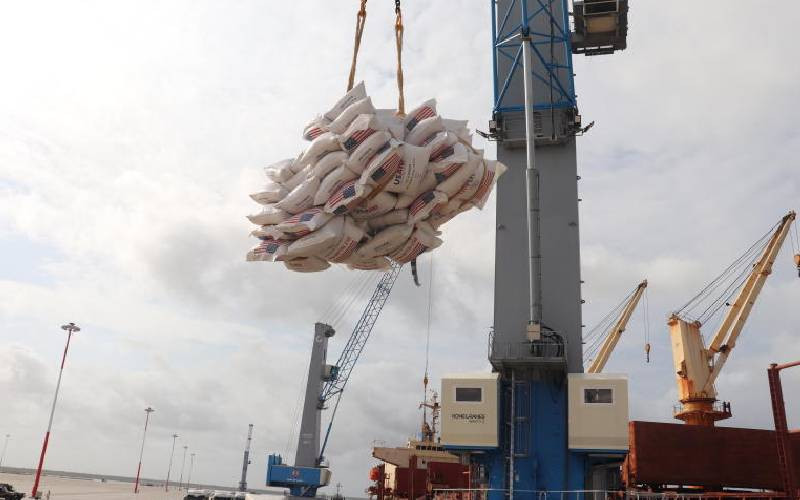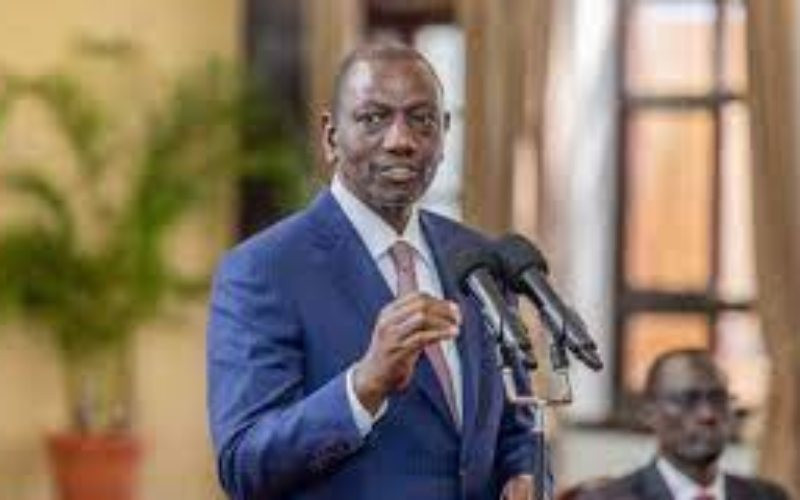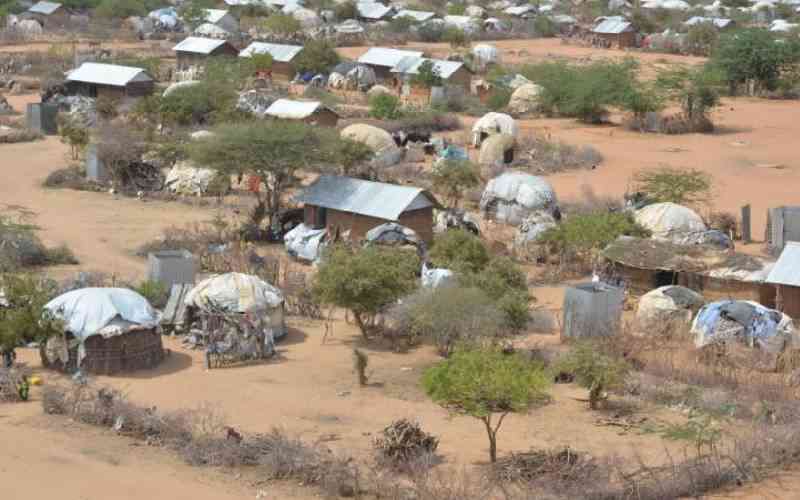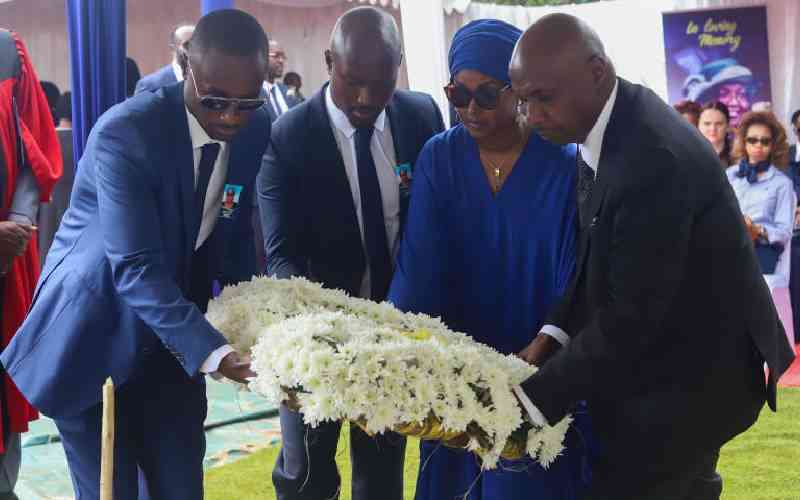A refugee camp in South Sudan's Unity state was bombed Thursday, South Sudan officials and witnesses said, threatening to raise tensions with Sudan in the violence-plagued border region.
Taban Deng, the governor of Unity state, accused Sudan of carrying out the attack. "These people (Khartoum) should be taken to book. They should adhere to international laws and regulations," he told reporters in Bentiu.
Sudan's armed forces denied they carried out the strike. In a statement before the bombing, South Sudan's president Salva Kiir talked of Sudan's "pending invasion" of its neighbor.
The United Nations confirmed the attack in an area where about 20,000 refugees are camped after fleeing violence in Southern Kordofan and Blue Nile provinces north of the border, where rebels have been fighting Sudan's army since June.
"We can confirm that at least two bombs were dropped near Yida refugee camp, with an as yet unknown number of casualties," the spokesman for U.N. Secretary-General Ban Ki-moon said in a statement emailed to the media.
The United States strongly condemned the attacks and urged both sides to resume negotiations to prevent the violence escalating into a full-scale conflict.
"These provocative aerial bombardments greatly increase the potential for direct confrontation between Sudan and South Sudan. The United States demands the Government of Sudan halt aerial bombardments immediately," the White House said.
Violence along the poorly defined border since South Sudan's independence in July has strained ties between the two former civil war foes. They have accused one another of backing rebel groups on their sides of the border.
A Reuters correspondent heard a large explosion in the Yida refugee camp, then saw a crater about two metres (6.6 feet) wide, an unexploded bomb wedged in the side of a school building and a white aircraft flying north. Witnesses said there were three further explosions at 3 p.m. (1200 GMT).
There were no immediate reports of any casualties at the camp, less than 25 km (15 miles) from the border with Sudan. A spokesman for the Enough Project, an activist group that works to end genocide, said the group confirmed there were no dead or wounded.
"The refugees need to be safe and need to be protected. They ran away from war. They should not be pursued inside the territory of South Sudan," Deng, the governor, said.
Al-Sawarmi Khalid, spokesman for Sudan's armed forces, said Sudan had not bombed anywhere in South Sudan's territory. "South Sudan is a state in the United Nations. We respect international law, and it's impossible that we would do that," he said.
Khalid said Sudanese forces fought rebels in South Kordofan about five kilometres south of the town of Taludi on Thursday, killing dozens and destroying a tank and other military vehicles.
Fighting has also broken out in Sudan's Blue Nile state this year. The two states are home to tens of thousands of fighters who sided with the south during the war but were left in Sudan when South Sudan seceded, analysts say.
South Sudan split off into a separate country in July after voting overwhelmingly for secession in a January referendum, the culmination of a 2005 peace deal that ended decades of war between north and south.
Stay informed. Subscribe to our newsletter
Volatile Border
Fire crackled in the dry grass around the crater about 100 metres away from an aid agency compound in Yida camp.
"They (Khartoum) don't want any life in the Nuba mountains, and now they are expanding the war to the South Sudan republic," said Yousif Ismail, a refugee from the Nuba mountains, as he stood by the hole.
Last week, Khartoum submitted its second complaint to the U.N. Security Council, accusing South Sudan of supplying anti-aircraft and anti-tank missiles, ammunition, landmines and mortars to insurgents in South Kordofan and Blue Nile states.
Kiir denied those claims in a statement Thursday, calling them "smoke screens to mask Khartoum's own activities in support of the armed dissident groups that are fighting its proxy war against the Republic of South Sudan."
The accusations were being used to justify Sudan's "pending invasion of the South," Kiir said.
The two countries have yet to agree on how much the new nation will pay to use Sudan's oil pipelines and other facilities, which South Sudan depends on to export crude. They also dispute control of the Abyei region.
Some 2 million people died in the north-south civil war, waged for all but a few years since 1955 over religion, ideology, ethnicity and oil.
- Reuters
 The Standard Group Plc is a
multi-media organization with investments in media platforms spanning newspaper
print operations, television, radio broadcasting, digital and online services. The
Standard Group is recognized as a leading multi-media house in Kenya with a key
influence in matters of national and international interest.
The Standard Group Plc is a
multi-media organization with investments in media platforms spanning newspaper
print operations, television, radio broadcasting, digital and online services. The
Standard Group is recognized as a leading multi-media house in Kenya with a key
influence in matters of national and international interest.
 The Standard Group Plc is a
multi-media organization with investments in media platforms spanning newspaper
print operations, television, radio broadcasting, digital and online services. The
Standard Group is recognized as a leading multi-media house in Kenya with a key
influence in matters of national and international interest.
The Standard Group Plc is a
multi-media organization with investments in media platforms spanning newspaper
print operations, television, radio broadcasting, digital and online services. The
Standard Group is recognized as a leading multi-media house in Kenya with a key
influence in matters of national and international interest.









